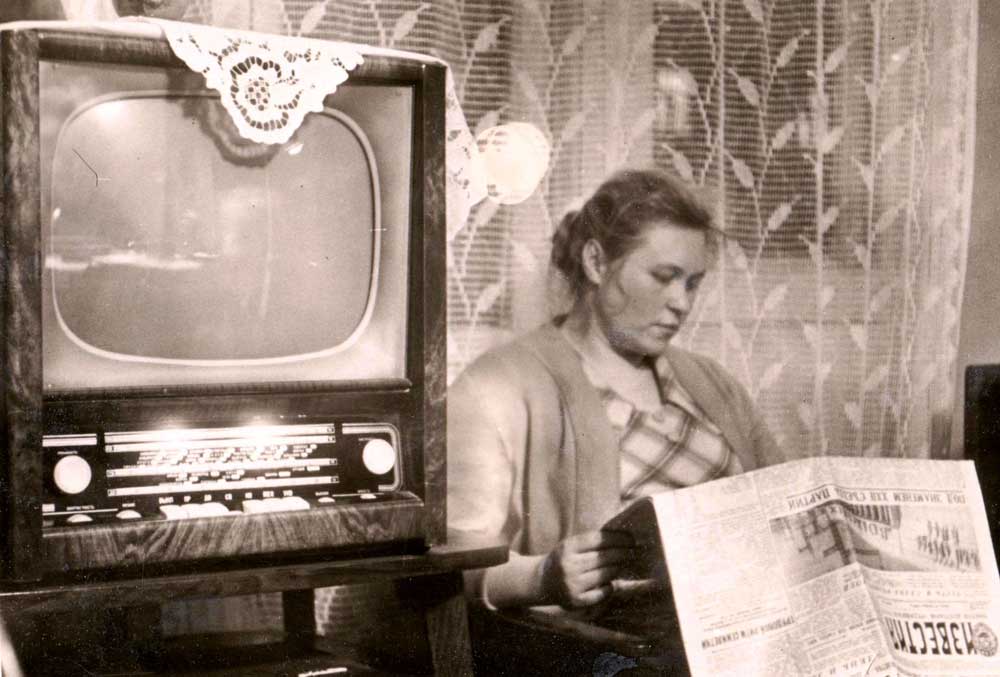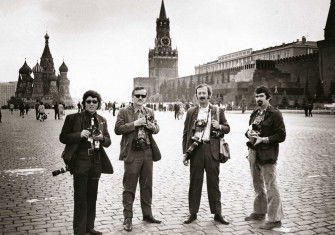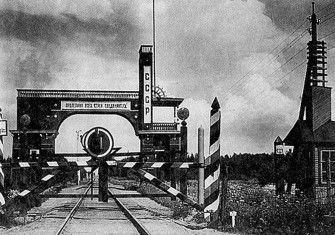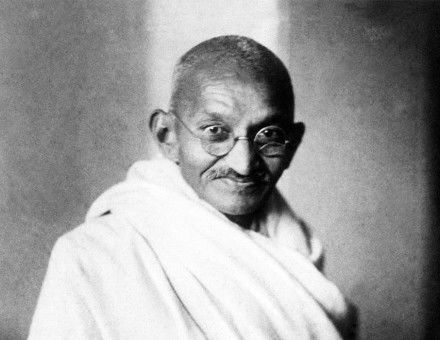American Moppets
Americanised globalisation and the new world of Russian business in the 1990s.

In the 1990s, a version of the satirical puppet show Spitting Image arrived on Russian television. A Muscovite once told the story of his father, who took great care to record every episode on VHS. When asked why, the father explained that such things had never before been permitted in Russia, and it could not last. He was right. Muppets in Moscow describes just such a rare period, when Russia opened up to ideas from the West.
The ideas in this case were democracy and capitalism, although so dire had the latter’s reputation been under decades of communism that the phrase ‘market economy’ was preferred by ministers and officials. These bold new ideas brought with them the trappings of Americanised globalisation: fast food, music and television shows. That included Ulitsa Sezam, a version of Sesame Street. Russia had long fascinated Lance Rogoff (such was her teenage love for Russian literature, she tells the reader, that she changed her name from Susan to Natasha). When she was appointed producer on the show she did have a background in film-making, albeit a ‘grim account of Soviet Russia’, and not entertainment aimed at educating children through puppetry.
Lance Rogoff’s experience took place in the bruising new world of Russian business in the 1990s. The Russian language adapted to new times. Words from English, including biznesmen (businessman) and killer (a hired assassin), were heard with increasing frequency. Two different media executives who might have had the influence to get Ulitsa Sezam on air were murdered, for reasons very possibly linked to their desire to clean up the murky world of TV advertising revenues. Lance Rogoff’s search for partners was carried out in the knowledge that the fact that she had access to US government funding for training meant she had to be careful whom she chose. ‘The breakneck pace of change makes it impossible to judge the legitimacy of individuals or organizations.’ One member of a group of potential investors boasted that their new wealth gave them irresistible political muscle: ‘Yeltsin will dance like a bear to any tune we sing.’
The Russian production staff were rarely so relaxed. ‘We don’t need your American Moppets in our children’s show’, one writer, who did not last, bluntly told Lance Rogoff. It is in this clash of cultures, and the sense of humiliation experienced on the Russian side, that Muppets in Moscow offers its most valuable insights. The sense of humiliation turns to one of amazement when some of the Moscow-based employees are invited to the US. In their work on the end of the Soviet Union, both Serhii Plokhy and Vladislav Zubok have written of the effect that seeing American supermarkets had on members of the late-Soviet political elite, forcing a realisation of how far their system lagged behind. Here, it is the expressway into New York and, later, a trip to a casino, that impressed.
Although Lance Rogoff writes that she kept a journal, the reader is sometimes left wondering how conversations are recalled in such detail at this distance. Still, her stories of showbusiness, politics and personal life create an effective sense of the era. The show’s producers want to ‘help the next generation be successful in New Russia’. Like Spitting Image, though, Ulitsa Sezam is no more, last broadcast in 2010, then, in Lance Rogoff’s words, ‘no longer supported by Putin’s people at the television networks’.
Muppets in Moscow: The Unexpected Crazy True Story of Making Sesame Street in Russia
Natasha Lance Rogoff
Rowman & Littlefield 304pp £20.99
Buy from bookshop.org (affiliate link)
James Rodgers is the author of Assignment Moscow: Reporting on Russia from Lenin to Putin (Bloomsbury, new edition coming in May) and a former BBC Moscow correspondent.






